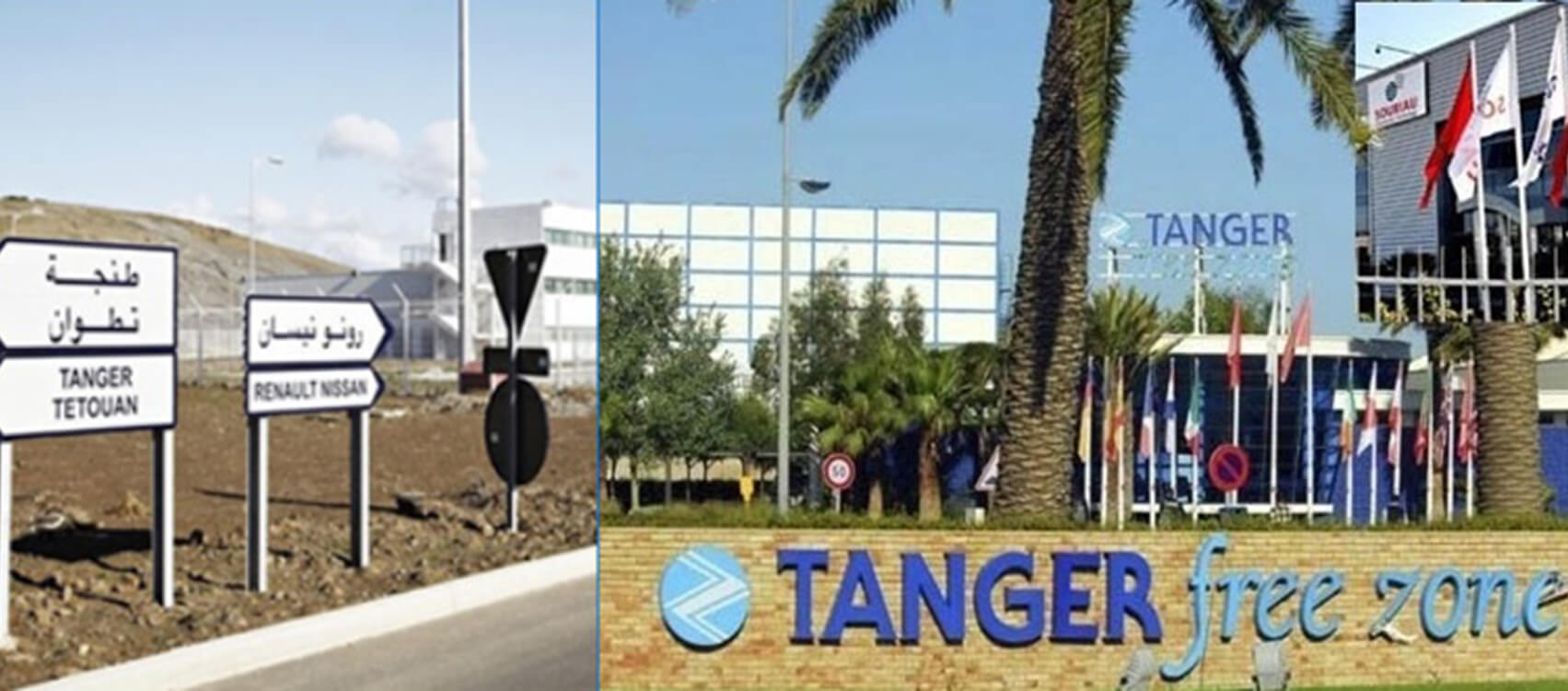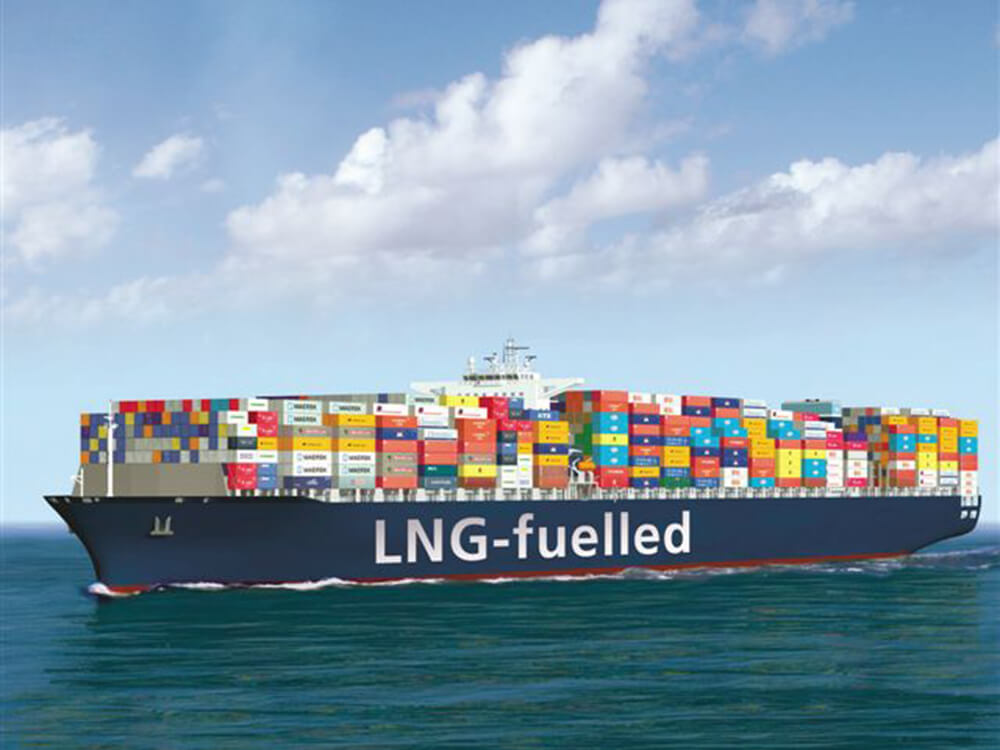Free Zones are a Mechanism for Economic Development

Free zones are considered one of the mechanisms for advancing the economic development of countries; this is because they contribute in developing various industrial and commercial sectors, which target local markets, foreign markets, or both. This encourages governments to provide facilities and legislative flexibility, which in turn stimulate investments and attract foreign capitals.
Previous years have witnessed the establishment of hundreds of Free Zones around the world, which contribute with approximately one third of the total world trade today. Most of these Free Zones have achieved tangible and significant economic achievements in terms of trade and attracting investments and technology to their countries. Furthermore, they had a prominent influence in increasing the handling in their countries ports. Examples on these prominent achievements in the Middle East and North African region are the area of "Jebel Ali" in Dubai, the leading emirate in digital technology which is notable for its fast global growth; and the Moroccan "city of Tangier", the beloved city of writers and tourists.
Reports indicate that there are 3 thousand Free Zones around the world, which combined have created more than six million job opportunities. Jebel Ali Free Zone "Jafza" alone contributes with more than 20% of the local GDP of Dubai, and 50% of its exports; in addition, it has created more than 200 thousand job opportunities in the emirate's economy. Furthermore, the Free Zones in Tangier and Tétouan have managed to attract thousands of companies and massive investments that created more than 40 thousand job opportunities on their land, some of which are car manufacturing companies such as Renault automobile manufacturer, and other industries related to the transportation and aviation sectors, and others.
Establishing the appropriate environment to attract investments for Free Zones is usually very expensive for governments. In addition to the necessity of reaching the same level of integrated free economy as global economies, different privileges and incentives must be provided for investors. Examples on such privileges and incentives are tax and customs exemptions, very low electricity and water tariffs (to attract industries), reduced fees for public services, providing extensive areas of land, and establishing an advanced infrastructure supported by an integrated logistics system.
This is in addition to providing a safe environment for living and investment featuring a highly efficient judicial system, flexible funding procedures from local banks, advanced educational system that suits different cultures, integrated health care, as well as a (global lifestyle) that accommodates different tastes, cultures, and financial capabilities.
However, when looking at the prosperity and economic development in the emirate of Dubai and the city of Tangier during the previous years from their Free Zones, we can deduce the size of the payoff of these zones on the countries' economies. Moreover, these zones are considered one of the means of alleviating the economic crisis. This is because they support the plans for sustainable development and economic diversification adopted by a lot of countries after the recent acute fluctuations of oil prices which affected their incomes, "especially for Gulf countries". This created a need to diversify the economy and raise the capacity to absorb any similar shocks in the future that might negatively affect their budgets and cash reserves.
Any government aspiring to develop a Free Zone capable of global competition must adopt new and convincing policies and strategies to attract sound foreign investments to its country. Brazil, for example, presented a so-called "Free Zone for Foreign Industrial Enterprises" which produces for its local markets specifically. This enabled Brazil to attract specialized industries such as the electronic and automobile industries, localize technology, and create job opportunities for its people.
Besides the expected returns of the "multiplier effect" of Free Zones on the economy, and the opportunities of vast integration between the industries of countries through the optimization of supply chains, there are many challenges facing Free Zones, especially the newly established ones, besides establishing a clear vision to optimize the use of these zones and the mechanisms to attract foreign investments for their countries... The discussion of which to be continued.
